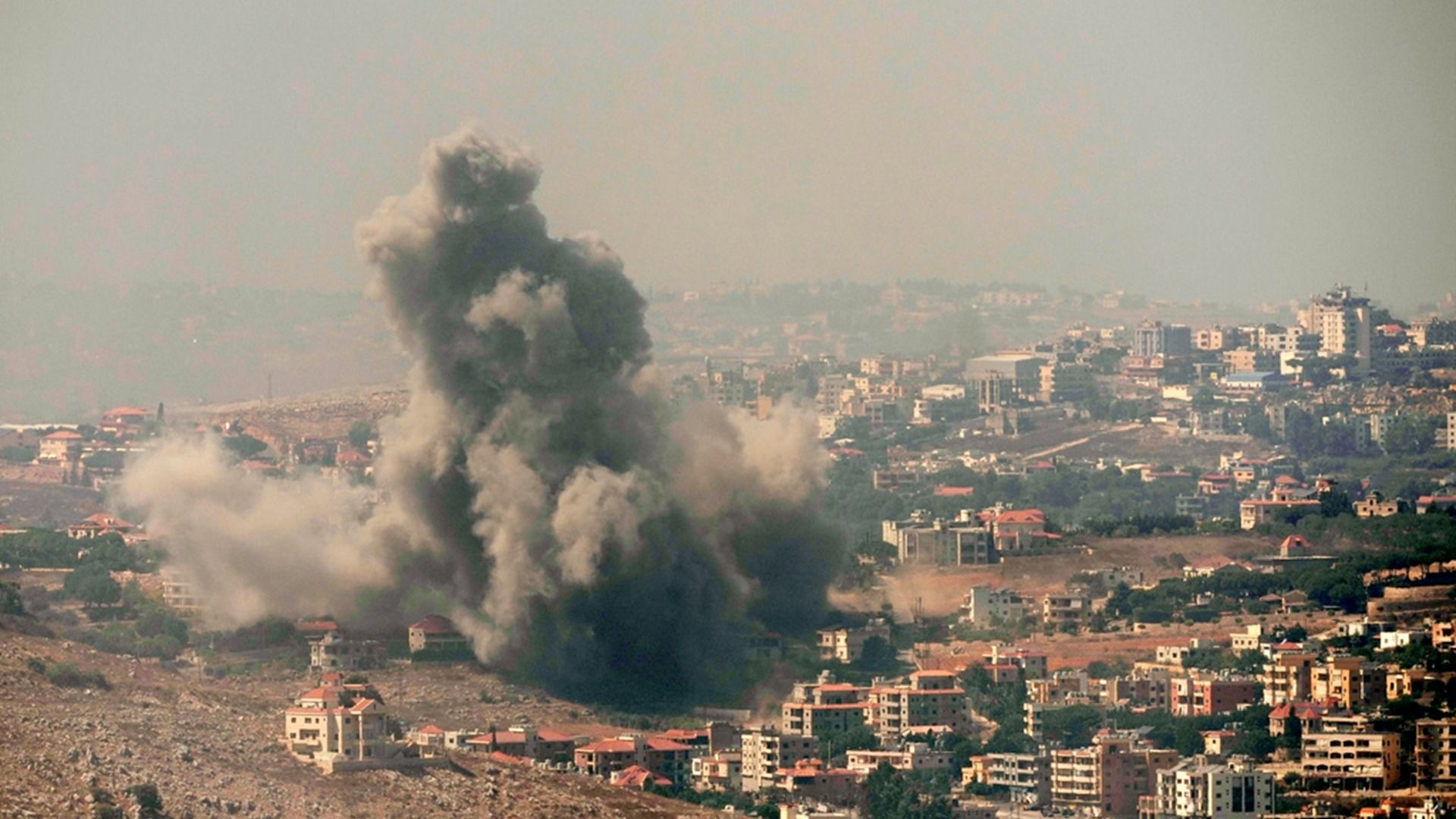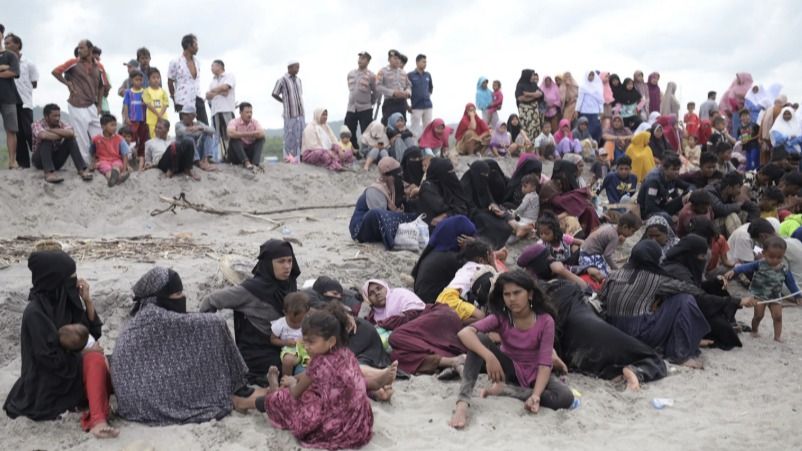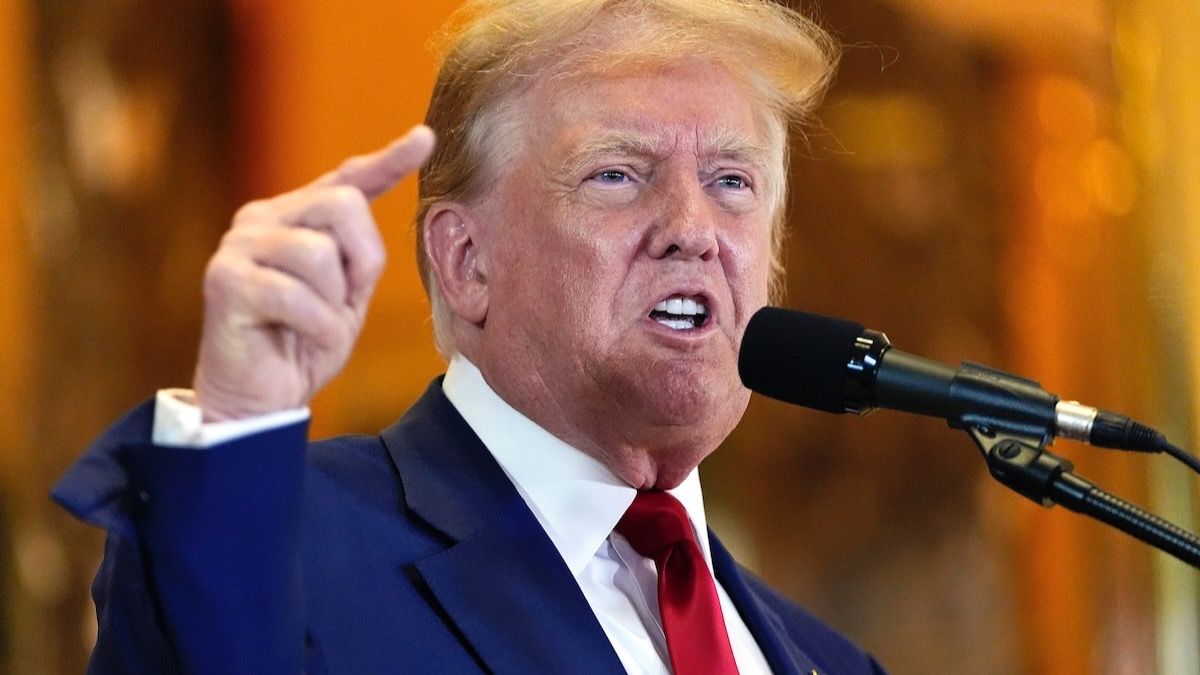Middle-East Crisis LIVE: As the past week witnessed an escalation of the nearly yearlong conflict between Israel and Lebanon’s Hezbollah, France and the United States are working on a proposal for a 21-day ceasefire. The plan aims to open the door for negotiations and ease tensions, with over 600 people having been killed in Lebanon recently. French Foreign Minister Jean-Nol Barrot told the UN Security Council that the proposal is in its final stages, and both parties are being urged to accept it swiftly. Barrot stressed that war is not unavoidable and that diplomacy could offer a solution.
Addressing the growing conflict, President Joe Biden on Wednesday warned that an all-out war is possible, though he also saw an opportunity for a settlement that could reshape the region. In an interview with ABC’s The View, Biden said, “It’s possible and I’m using every bit of energy I have with my team to get this done.” He highlighted that progress on a ceasefire between Israel and Hezbollah could help ease the ongoing hostilities between Israel and Hamas in Gaza.
Meanwhile, Israeli Prime Minister Benjamin Netanyahu is expected to arrive in New York to address the UN General Assembly, as the threat of a broader conflict looms. The Israeli military is also preparing for a possible ground operation in Lebanon, with Hezbollah escalating its missile attacks, including one aimed at Tel Aviv. US Secretary of State Antony Blinken has urged both sides to step back, warning that further escalation would be disastrous for the region.
In light of the intensifying conflict in the region, the Indian Embassy in Beirut has renewed its advisory, urging Indian nationals to avoid traveling to Lebanon and strongly advised those already in the country to leave immediately. The advisory comes amid growing concerns over the potential for a wider regional war. It said, “Those who remain for any reason are advised to exercise extreme caution, restrict their movements and remain in contact with the Embassy of India in Beirut.”
Stay Tuned for All Latest Developments on Middle-East Tensions Here:
UN Chief Warns of Catastrophe if Conflict Escalates in Lebanon: UN Secretary-General António Guterres warned that “hell is breaking out in Lebanon” and called for an urgent de-escalation during a UN Security Council session. Citing Lebanon’s bloodiest period “in a generation,” he urged all sides to “step back from the brink” and avoid an all-out catastrophe.IDF Fires at Lebanese Border Following Suspicious Activity: The Israel Defense Forces (IDF) opened fire near the Lebanese border early Thursday after spotting “suspicious movements.” In a brief statement, the IDF confirmed, “Following the identification of suspicious movements in the area of the Lebanese border, IDF soldiers opened fire in their direction.” The soldiers are currently conducting searches in the area. Israel Claims It Does Not Seek Full-Scale Conflict: Danny Danon, Israel’s UN envoy, stated that Israel does not seek a full-scale war despite ongoing attacks. In the past 24 hours, northern and central Israel have been subjected to a new wave of assaults, with over 150 rockets launched into its territory. Danon accused Iran of being the “driving force” behind the instability affecting the Middle East.Iran Warns of Action Amid Potential Israel-Hezbollah War: Iranian Foreign Minister Abbas Araghchi stated that Tehran would not remain indifferent to a full-scale war between Israel and Hezbollah in Lebanon. Speaking in New York, he declared support for Hezbollah’s “just cause to defend Lebanon” and affirmed, “We stand with the people of Lebanon with all means.” He urged the UN Security Council to intervene and restore security, warning that failure to act could lead to a broader conflict in the region.What is the situation on the border?: The Israel-Lebanon border has seen almost daily exchanges since the Israel-Hamas war began on Oct. 7, killing more than 630 people in Lebanon, and about 50 soldiers and civilians in Israel. Tens of thousands of people have been displaced on both sides of the border.What would be the impact of a full-blown war?: A new war could be even worse than the one in 2006, which was traumatic enough to serve as a deterrent for both sides ever since. That fighting killed hundreds of Hezbollah fighters and an estimated 1,100 Lebanese civilians, and left large swaths of the south and parts of Beirut in ruins. More than 120 Israeli soldiers were killed and hundreds wounded. Hezbollah missile fire on Israeli cities killed dozens of civilians.Hezbollah proved wary of further stoking the crisis: Hezbollah leader Hassan Nasrallah has vowed to retaliate for the electronic device bombings but is cautious about escalating the crisis. The group faces the challenge of responding to Israeli attacks by targeting deeper into Israel while avoiding large-scale assaults on civilian areas that could provoke a full-blown war for which it might be held responsible. Hezbollah claims its actions against Israel support its ally Hamas. Recently, Nasrallah indicated that attacks will persist, asserting that Israelis will not be able to return to their homes in the north until Israel’s campaign in Gaza concludes.What is Israel planning?: Israeli officials say they haven’t yet made an official decision to expand military operations against Hezbollah — and haven’t said publicly what those operations might be. The head of Israel’s Northern Command has been quoted in local media advocating for a ground invasion of Lebanon, and the Israeli army chief, LT. Gen. Herzi Halevi, told troops stationed on the northern border Wednesday that ongoing air strikes were “to prepare the ground for your possible entry and to continue degrading Hezbollah.” Halevi continued: “Later today, they will receive a very strong response. Prepare yourselves.”Lebanese PM Accuses Israel of Violating Sovereignty: Lebanese Prime Minister Najib Mikati addressed the UN Security Council, asserting that Israel is violating Lebanon’s sovereignty “by sending its war planes and drones to our skies, by killing our civilians, including youth, women and children, destroying homes and forcing families to flee.” He reported that hospitals are overwhelmed and unable to accept more victims, stating, “The aggressor is claiming that they are only targeting combatants and weapons, but I assure you that the hospitals are full of civilians.” Middle East on Alert as Israel-Hezbollah Move Closer to ‘Full-Scale’ War | LIVE world-news World News | Latest International News | Global World News | World News Today




